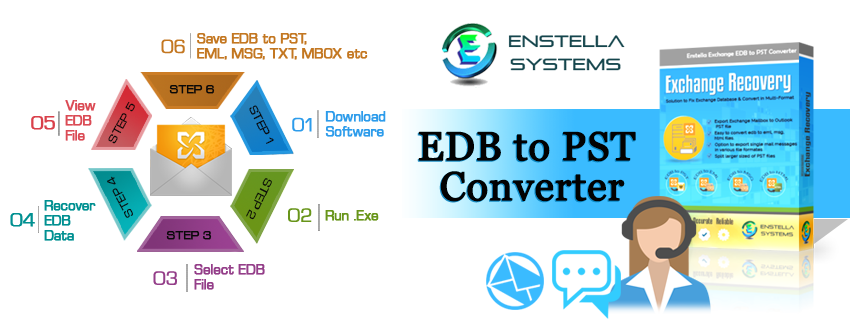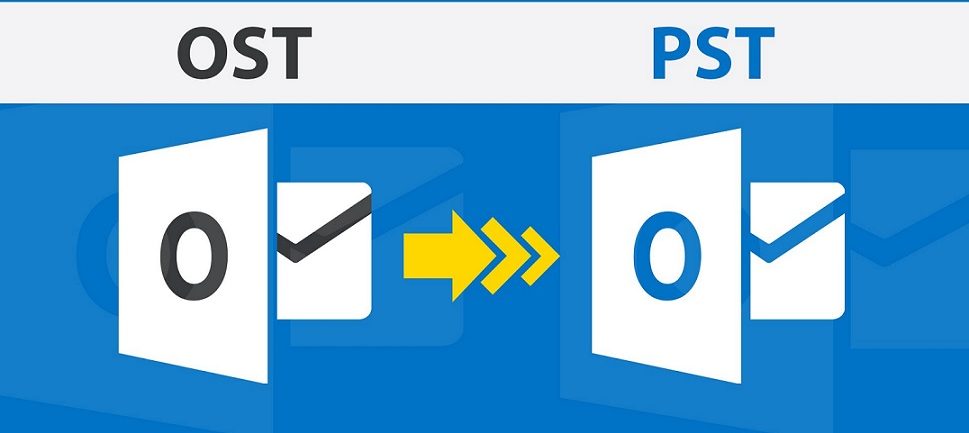When you think about journaling, you might imagine a teenage girl who is writing as a way to cope with its negative feelings. The words people associate with journaling are hormones, crush, teens, love. Movies have contributed to this image of writing in a journal, portraying girls lying on their beds with their feet waving through the air and writing about a crush and unshared love.
But journaling is the another form of writing and it is helpful not only for teens or girls but for everyone. Writing is a form of self-expression and it helps people become more aware of their thoughts and feelings. I have to admit, I began journaling when I was a teenager and I have completely dropped this habit when I grew up. But, as I started psychotherapy for depression and fight the anxiety, I started writing in a journal again.
Effective journaling can have positive effects on everyone who is practicing it regularly, and especially on people diagnosed with depression, anxiety, and other mental disorders. Every mental disorder comes with challenges and habit changes and it can be pretty overwhelming. Journaling is not an activity that replaces medication or psychotherapy, but it sustains the recovery process.
Depression changes your thought pattern. I often found myself thinking I am not good enough, feeling sad and hopeless. And even though I had a mild form of depression, just feeling the way I felt was horrible. People who have a major depressive disorder are feeling much worse. Among the most common symptoms of depression are:
- Loss of appetite
- Loss of interest for once pleasurable activities
- Insomnia or sleeping too much
- Sad and depressive moods
- Having troubles when concentrating or making decisions
- Having feelings of hopelessness, unworthiness or guilt
All these symptoms are linked and it is like a chain reaction. You ruminate a lot about not being good enough which makes you sleep less. Less and less sleep affects your power to focus and the decision-making process. You start to feel sad because you cannot accomplish your tasks and you feel you are not good enough. And this makes you eat less and think that nothing you will do can bring you pleasure.
Depression is a mental disorder that is more and more common and it affects people of all ages. Studies estimate that 1 in 6 people will experience depression at some point in their life.
Fortunately, journaling is a technique that is also recommended by mental health at workplace. It can help you manage the symptoms of depression. Effective journaling also contributes to the positive effect of psychotherapy and it makes it work better. When my therapist recommended me start journaling, I was not aware of the positive benefits it can have. It turned out that my skepticism was unfounded.
Which are these positive benefits of journaling? How can it help you manage depression?
-
Journaling Makes You More Aware
Journaling, if practiced effectively and consistently, helps you become more aware of your thoughts. Experts estimate that we have between 60.000 and 80.000 thoughts per day. Which is an incredibly high number. We are not even aware of them all. Just think about it: at least 2500 thoughts per hour. People that have mental disorders and especially depression have negative thought patterns that influence their behavior and affect their social life.
Journaling helped me become more aware of my thoughts. I become more aware of the triggers of my thoughts. Journaling helped me identify the stimuli for my depressive thoughts and feelings and work to change them.
Experts from custom essay papers say that people are surprised when they read their writings. Journaling helps you bring feelings and thoughts to the surface, and thus becoming more aware of them. Only then you can work to change your negative thinking patterns.
-
It Gives You More Control
Because we have so many thoughts, we often feel the inability to control them. And so, worries and thoughts of worthlessness and hopelessness are just swirling around in our head. You can keep your journal private or you can share it with your therapist. I decided to share it with my therapist to help me better focus on the goals of therapy. I must admit that I was not aware that so many negative thoughts go through my head.
Journaling helped me put things into perspective. Besides making me more aware of my thoughts, it helped me discover what was really bothering me. It helped me organize my thoughts better and slowly gain control over them. And this helped me feel better. It gave me control. It gave me hope.
But it also made me more aware of the fact that I need more help. It helped me notice when I feel bad and it helped me ask for help.
-
It Makes You Grateful

There are multiple forms of journaling. You can just write whatever crosses your mind or you can organize and narrow the subjects. One popular form of journaling that is also recommended by mental health professionals is the gratitude journal. These are all that help in healing depression.
Practicing gratitude has been shown to have positive effects on people. Studies show that people who practice gratitude regularly leads to improvements in their decision making and learning processes. They also feel more positive emotions and live a happier life.
But it is important to keep in mind that gratitude must be practiced regularly to have effects on your mind and brain. This is why writing gratitude journals is recommended for people with depression and not only.
At first, it was difficult to focus and find three things per day which I am grateful for. You do not need to think about complex things, but small ones. This will help you appreciate more the little things in life. Over time, I became accustomed to this habit and I still practice it even if my anxiety and depression are under control.
A gratitude journal also helps you think about more positive things. This is especially helpful for people with depression because they have more negative than positive experiences.
-
It Helps You Identify Patterns
I am not talking only about thought patterns, but of behavioral ones too. The basis of cognitive psychotherapy is that thoughts drive behaviors. And if you start working on them you can produce behavioral changes easily.
Journaling is a great way that helps you track your symptoms. You might have thoughts of guilt, shame or hopelessness. And they can be more intense and severe in certain moments. They can be triggered by stressful situations. Or they can be triggered by a certain relationship in your life.
It is clear that if you practice journaling consistently, it will help you feel better and more positive. And this is because it creates the opportunity to identify your patterns and work to change them. It is because journaling creates the opportunity to have an insight into your past experiences, your past perspectives, and your feelings. It helps you track the changes and challenges you have successfully faced. It helps you track your progress. And it also helps you notice when you are feeling worse than before and ask for help.
Journaling has benefits for people that struggle with depression. There are no rules for this, but these tips and tricks will help you maximize its positive effects:
- Write about anything: as I said, you can keep the journal private so do let feelings of shame and fear retain you from doing this. Write about anything that crosses your mind, do not work on editing and let your thoughts slip on the paper.
- Write regularly: journaling has positive effects only if it is practiced regularly. Find a comfy and cozy spot and try to write in your journal every day. I would recommend writing before going to bed because I think it is the right time to reflect on your day and find a few things you are grateful for also.
- Try multiple forms of writing: besides writing your thoughts every day and finding things you are grateful for; you can also write letters to important people in your life. It is up to you if you deliver them or not because simply the process of building a letter has positive effects. You can also write letters to yourself with comforting thoughts.
- Do not be too negative: negative thoughts are a core component of depression. It is difficult to just start being positive and looking on the good side of life when all you can feel is guilt and shame. When you see that your writing is predominantly negative, just put a limit to it. It is normal to write about negative things but to not do it every moment in your life.
Conclusion
Depression is a mental disorder that is more and more common. It is characterized by negative thoughts about your worth, sadness and feelings of hopelessness, guilt, and shame. Fortunately, writing in a journal is part of a successful approach. It makes you more aware of your thoughts, identify and work on your patterns. It also gives you more control and it helps you be more grateful and positive.
Of course, all these benefits come after a consistent habit of journaling. Don’t go hard on yourself. Take it easy, find a comfy and cozy spot and write whatever crosses your mind. Practice it for 20 minutes per day and find those little things that bring you joy.









